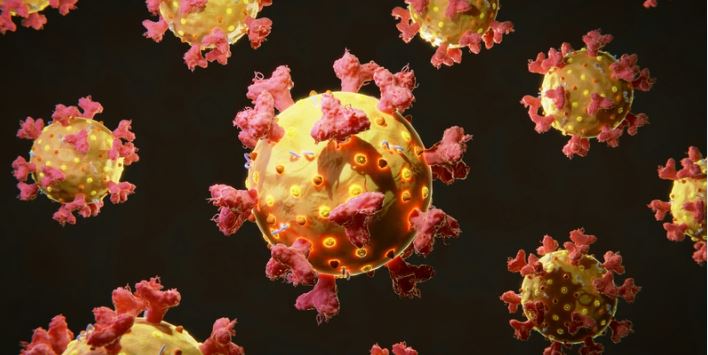On December 10, 2024, the U.S. Food and Drug Administration (FDA) approved a groundbreaking new immunotherapy drug, “Onco-Boost,” which has shown unprecedented success in treating several hard-to-treat cancers, including pancreatic and liver cancer. The approval of this drug marks a major milestone in cancer treatment, providing a new option for patients with limited treatment choices.
Onco-Boost, developed by biotech company ImmunoCure, uses a revolutionary mechanism that enhances the body’s immune system to identify and destroy cancer cells more effectively. Clinical trials have shown that the drug significantly improves survival rates in patients with advanced pancreatic cancer, a disease that has long been considered one of the deadliest and hardest to treat. The approval follows a promising Phase 3 trial, where Onco-Boost reduced tumor sizes in over 60% of participants with advanced cancers.
ImmunoCure’s CEO, Dr. Lisa Montgomery, spoke at a press conference following the approval. “This is a historic day for cancer patients worldwide. Onco-Boost represents not just a new drug, but a new way of thinking about cancer treatment,” she said. Dr. Montgomery emphasized that the drug’s success was the result of years of research and collaboration with leading cancer specialists and universities.
Dr. Robert Nelson, a prominent oncologist and lead investigator in the clinical trials, also expressed excitement about the drug’s potential. “We’ve never seen anything quite like this in cancer immunotherapy,” Dr. Nelson remarked. “Onco-Boost has the ability to supercharge the immune response in ways that were previously thought impossible, and the results in our trials speak for themselves.”
The drug’s approval has been met with widespread acclaim from the medical community. The American Cancer Society (ACS) released a statement praising the FDA’s decision, noting that Onco-Boost could dramatically alter the landscape of cancer treatment. “This approval is a game-changer, particularly for patients with cancers that have been difficult to treat with traditional therapies,” said Dr. Christina Roberts, Chief Medical Officer at ACS.
While Onco-Boost’s approval has been celebrated, the drug’s high cost has raised concerns about accessibility. Early estimates suggest that the drug could cost upwards of $100,000 per patient annually. Patient advocacy groups have called on the FDA and healthcare providers to ensure that the drug is accessible to all patients, regardless of socioeconomic status. “We must ensure that life-saving treatments like Onco-Boost are available to every patient who needs them,” said Mary Elman, Director of the Patient Access Coalition.
Despite these concerns, the approval of Onco-Boost is seen as a significant breakthrough in the fight against cancer. It provides renewed hope for patients and families grappling with the devastating effects of cancer, and opens new possibilities for immunotherapy in oncology.



